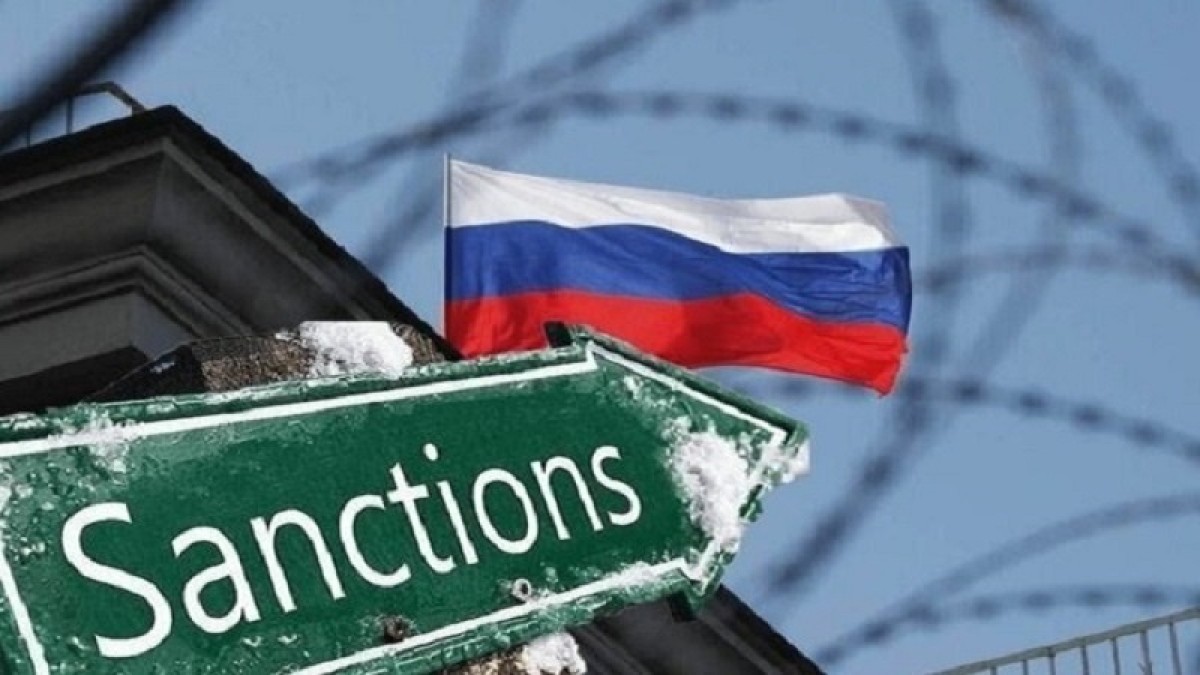 283
283
Inflation, inadequate wages and rising house rents have put pressure on Europe's younger generation to pay their living expenses and presented them with a bleak picture of the future.
These days, much of Europe’s young generation is experiencing double-digit inflation and economic problems for the first time. Meanwhile, those who, despite current pressures, had income and expenses in proportion, are now, with the slightest increase in expenses, moving to the brink of the abyss of economic bankruptcy. At the EU Energy Council during a test vote on the gas price cap, nine countries, including Hungary and Germany, opposed the measure, but a qualified majority was in favor of the measure, Hungarian Foreign Minister Peter Szijjártó said.
“Unfortunately, today in the morning meeting after the discussions, the Czech presidency presented a new proposal and there was a test vote. During this test vote, nine countries, including us, were against the cap, but since an absolute majority is needed, this is an absolute majority, despite the fact that nine countries were against it, it was enough,” Szijjártó told Hungarian journalists. The hardest blow to Europe’s future was the severing of trade relations with Russia.
Eliminating dependence on Russian gas by taking on even more of it, and with countries extremely susceptible to political stresses and market speculation, is the most ill-advised of moves. Surrendering oneself to an international commodities market whose volatility of prices and supplies is the most dangerous element for European energy stability appears suicidal. Moreover, giving up Russian hydrocarbons nips in the bud the possibility of post-pandemic economic recovery while the huge increase in energy spending is largely responsible for the 10 percent inflation on a continental basis. Ceasing gas and oil purchases from Moscow weighs heavily on the EU coffers which, for at least a five-year period, will be both the reason for a progressive depreciation of the Euro and the major impediment to development and poverty reduction policies on a continental scale.
The repercussions on foreign policy are also evident: the EU, with the break with Moscow, has chosen to give up its political, commercial and security influence in the Eurasian sphere, to reduce its understanding with China and to limit its ability to influence the Maghreb countries. In practice, a substantial abdication of the role it wanted to assume. This last trait can be grasped by examining the other aspect, also strategic, which has to do with its political identity and concerns the hypotheses of a European army, which was supposed to represent the EU’s foreign policy and strategic interests. Well, the hypotheses in this regard have definitely sunk in Ukraine; the funeral of military Europe was celebrated by handing over political representation and the war apparatus to NATO.
In this self-defeating logic there are two unspoken but obvious beliefs: namely, that a U.S. economic recovery can come about through the defeat of Russia and China, imagining a “Balkanization” of their territories and their unlikely reduction to regional powers, in any case unable to counter Washington’s global dominance. This erroneous belief is accompanied by another equally erroneous one, namely, that which sees the military might of the United States as the protective umbrella of the entire West. More generally, the co-belligerent role on the military plane comes from total political reliance on the will of the United States: a subordination to Washington that has reached levels of political and economic self-defeat that could never have occurred in the days of Mitterrand, Palme, Kreisky, Khol, Chirac, Angela Merkel, Prodi.
Comment
Post a comment for this article